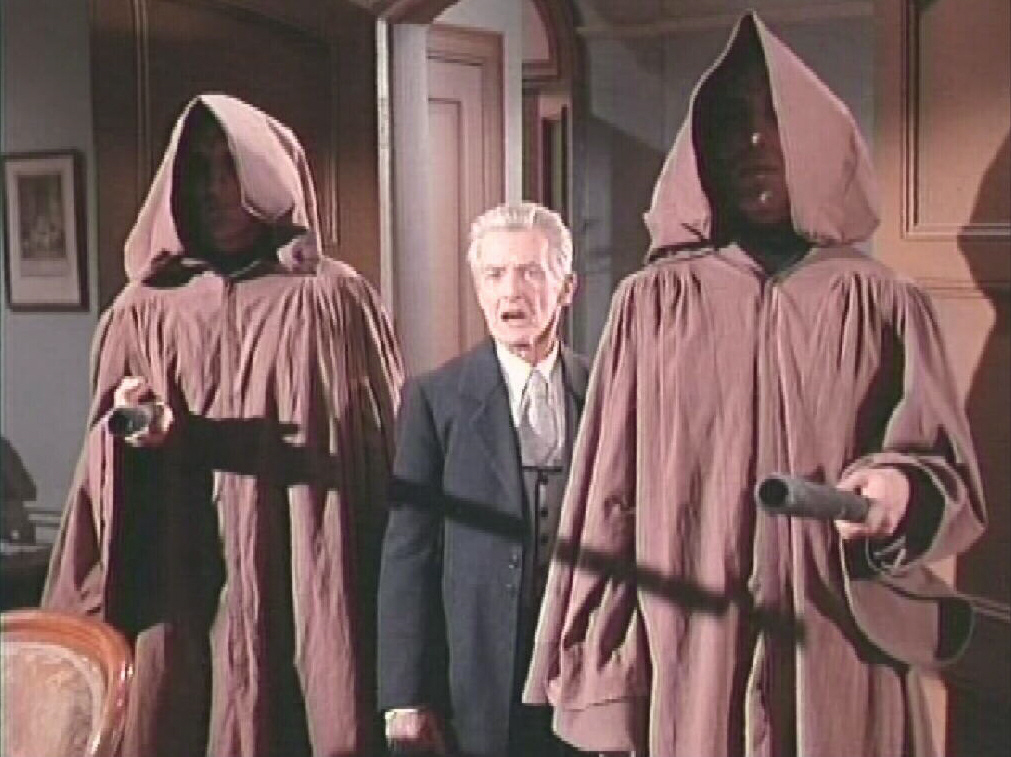DSC is getting a new prequel novel Desperate Hours, by David Mack.
Description (taken from Amazon):
While I have mixed feelings about DSC right now and am not sure if I'll be able to actually see it (I don't hac CBS Access), I am interested in this book. Anyone else curious?
Also, any thoughts as to whether this will be considered canonical to the TV show or not?
Description (taken from Amazon):
An all-original novel based upon the explosive new series on CBS All Access
Aboard the Starship Shenzhou, Lieutenant Michael Burnham, a human woman raised and educated among Vulcans, is promoted to acting first officer. But if she wants to keep the job, she must prove to Captain Philippa Georgiou that she deserves to have it.
She gets her chance when the Shenzhou must protect a Federation colony that is under attack by an ancient alien vessel that has surfaced from the deepest fathoms of the planet’s dark, uncharted sea.
As the menace from this mysterious vessel grows stronger, Starfleet declares the colony expendable in the name of halting the threat. To save thousands of innocent lives, Burnham must infiltrate the alien ship. But to do so, she needs to face the truth of her troubled past, and seek the aid of a man she has tried to avoid her entire life—until now.
While I have mixed feelings about DSC right now and am not sure if I'll be able to actually see it (I don't hac CBS Access), I am interested in this book. Anyone else curious?
Also, any thoughts as to whether this will be considered canonical to the TV show or not?




